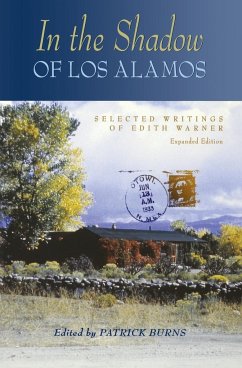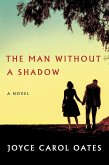Edith Warner (1893-1951), who lived by the Rio Grande at the Otowi Switch in northern New Mexico, has become a legendary figure owing largely to her portrayal in two books: The Woman at Otowi Crossing, by Frank Waters, and The House at Otowi Bridge, by Peggy Pond Church. Because she is famous for her tearoom, where she entertained scientists from the Manhattan Project, few people realize that Edith Warner was a serious writer. Here for the first time she is allowed to speak for herself. The book's title is taken from an autobiographical fragment published here for the first time. Also included are letters, essays published and unpublished, and journal entries (salvaged by various friends from the original, which was burned after Warner's death at her request). The editor provides a useful introduction outlining Edith Warner's life and sets it in local and historical context, along with a wonderful collection of period photographs and a facsimile of Edith's famous chocolate cake recipe. Thousands of readers have been fascinated by this modest woman whose friendships with Pueblo Indians and atomic scientists seem to epitomize the paradoxes of life in New Mexico. To read this book is to hear her own quiet voice, describing pueblo ceremonials, detailing the difficulties of life during the war years, and above all recording her own spiritual relationship with the New Mexico landscape. For Edith Warner her work in the world--building a house, running a restaurant, writing it all down--was a kind of meditation. People still come to New Mexico for the reasons that drew her here eighty years ago, and her response to New Mexico can now take its rightful place in the state's cultural heritage.
Hinweis: Dieser Artikel kann nur an eine deutsche Lieferadresse ausgeliefert werden.
Hinweis: Dieser Artikel kann nur an eine deutsche Lieferadresse ausgeliefert werden.








